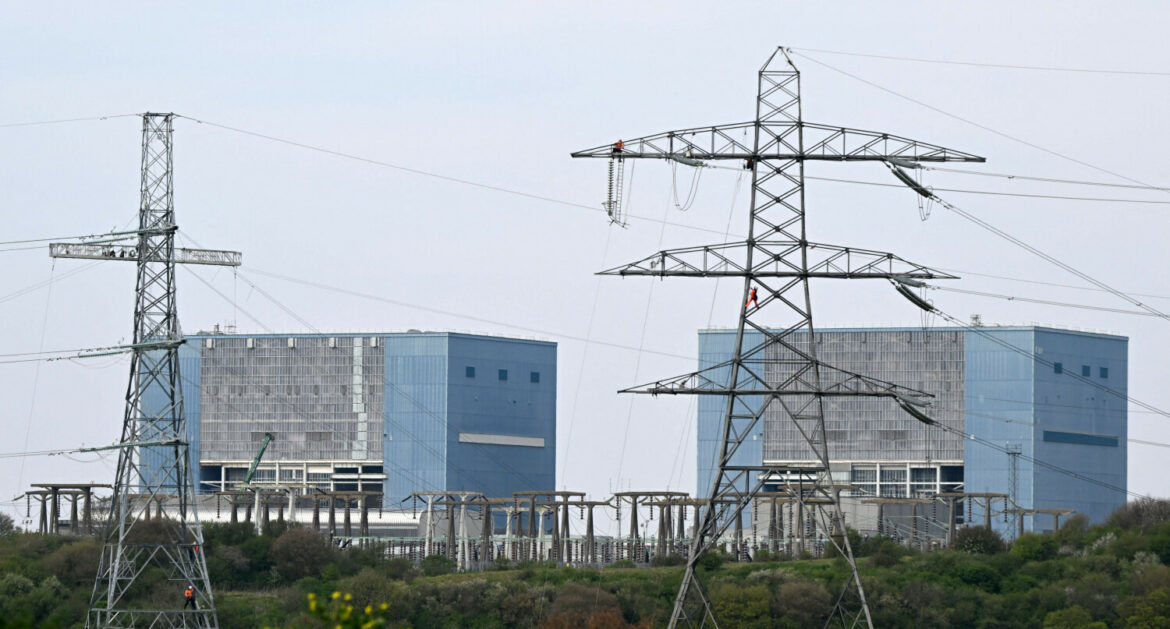Dominika Pietrzyk: According to the recently published report of the Polish Economic Institute, Russian oil currently accounts for slightly over 60% of the total oil imported by Poland. We are to become independent from Moscow in a short time. How to diversify deliveries?
Dr Adam B. Czyżewski, the chief economist at PKN Orlen: Diversification increases the security of supplies through purchases from many directions. It works most effectively when it is preventative. If all of Europe introduces full sanctions on Russian oil and fuels, this will result in a loss of global supply that cannot be replaced in the short term with supplies from other directions.
And then what?
In order to balance the oil and fuel market in a short time, it is certainly necessary to reduce the demand, which is influenced by the increase in prices. The high oil prices in the market today are caused by the reduction in Russian exports as a result of imposed sanctions. Subsequent sanctions will require a deeper reduction in demand and therefore bring higher prices.
How does Poland’s energy security look from this perspective?
Poland is energy safe, but energy security cannot be considered in isolation, on the scale of one country. In order to feel safe when implementing sanctions based on the abandonment of raw materials from Russia, they must be coordinated internationally.
It is a question of energy solidarity
You cannot impose sanctions and think only of yourself. We have touched on an important issue of energy security. In today’s world, it has an international dimension.
According to some experts, in the short term, it is necessary to use the opportunity to replace fuels, i.e. switch from Russian gas and coal to fossil fuels from outside Russia.
In the longer-term, if we take climate risks seriously, we need to think about renewable energy sources. However, investing in renewable energy sources without increasing expenditure on gas infrastructure will also lead to shocks in the market. Today, there is no renewable energy without gas capacity. It all has to be reconciled somehow. In my opinion, a revolutionary change awaits us. There is no turning back from the energy transformation.
What’s the lesson of the crisis in 2021?
The energy crisis at the end of 2021 teaches us that while developing renewable energy, it is also necessary to expand its facilities with gas power and gas supplies, which could supply the system at peak times to fill the shortages. The December energy crisis was enhanced by the crisis related to the outbreak of the war in Ukraine, which brought another lesson: Russia’s resources should be replaced. It’s necessary to do this but at a pace correlated to the opportunities. order





